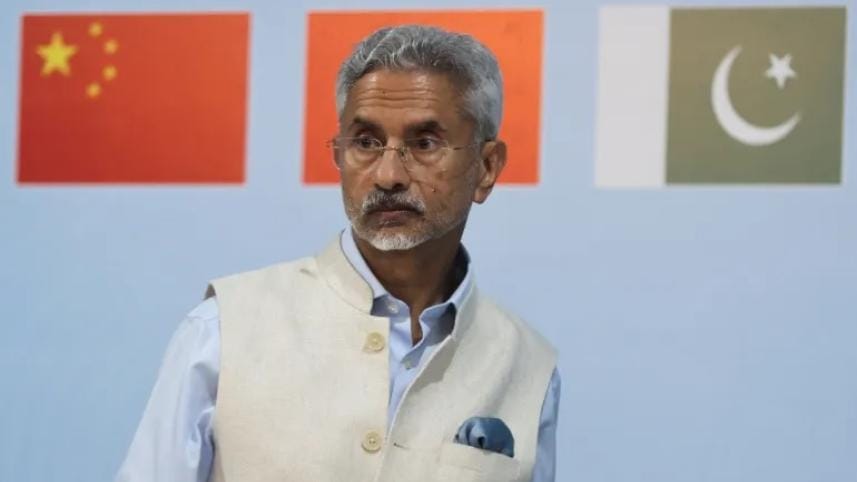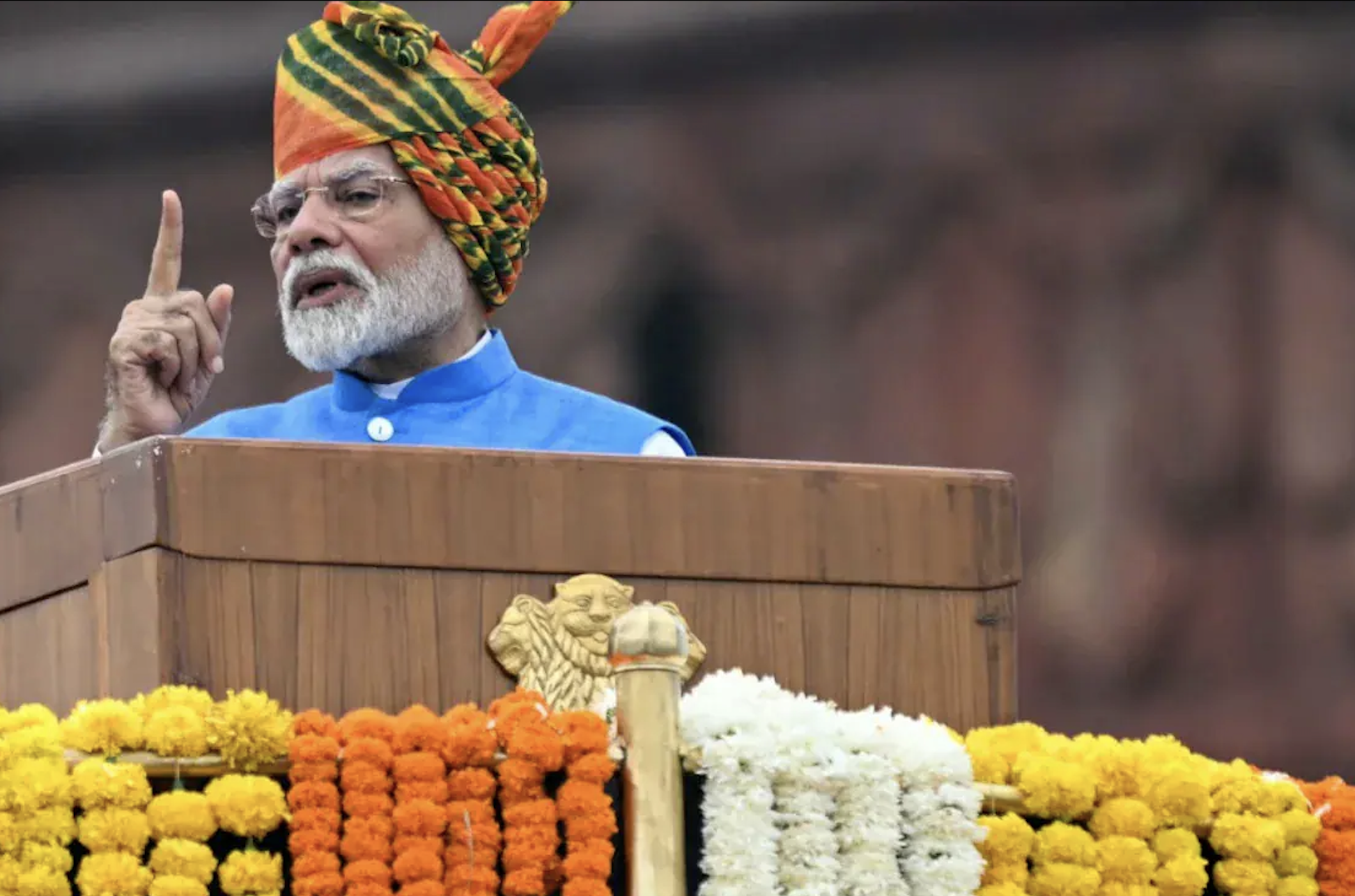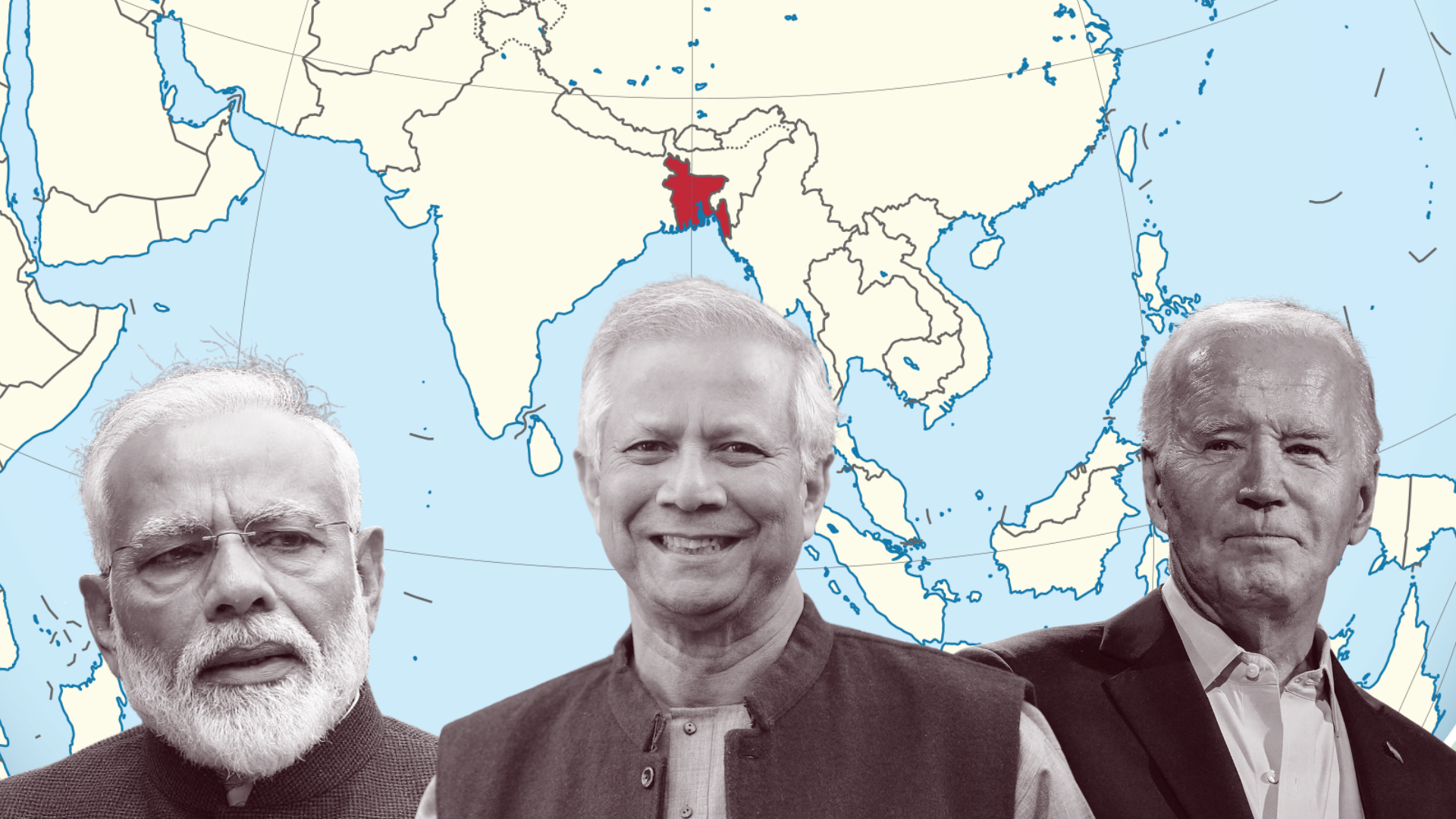Jaishankar’s Islamabad visit and the future of India-Pakistan ties

Almost every time there is a foreign minister-level visit between India and Pakistan for a multilateral event, the media in India becomes abuzz with speculation on the future direction of ties between the two nuclear-powered rivals. It was no different on October 4, when it was officially confirmed—after much speculation—that the Minister of External Affairs of India S Jaishankar would be visiting Islamabad, heading the Indian delegation at the Shanghai Cooperation Organization (SCO) Summit scheduled for October 15-16.
Jaishankar will participate in the SCO Summit, hosted by Pakistan as the rotating chairman of the Eurasian security and economic cooperation group led by Russia and China. The Indian media noted that this will be the first time in nearly a decade that New Delhi will be sending its foreign minister to the SCO meeting in Pakistan. The last such instance was in December 2015, when Sushma Swaraj led the Indian delegation to the Heart of Asia-Istanbul Process Ministerial Conference on Afghanistan in Islamabad.
Why recall Swaraj's 2015 visit in 2024? It is because on the sidelines of that conference on Afghanistan, she also met then Pakistani Prime Minister Nawaz Sharif and held talks with her counterpart Sartaj Aziz. It is true that after those meetings, an India-Pakistan joint statement on December 9 announced the decision to start a comprehensive bilateral dialogue. On December 25, 2015, Indian Prime Minister Narendra Modi paid a surprise visit to Lahore, meeting Nawaz Sharif on his return to India from Russia via Afghanistan.
Ten years is a long time in India-Pakistan relations, which are often prone to fits and starts. The element of surprise is not always an effective instrument in international relations that are as complicated and unpredictable as the one between India and Pakistan. Modi's surprise stopover in Lahore showed his willingness to stick his neck out for peace. However, it took less than a year for any possibility of a thaw in bilateral ties to evaporate after Pakistan-based terror group Jaish-e-Mohammed carried out an attack on an Indian army camp in Uri, Jammu and Kashmir on September 18, 2016. Relations reached a new low in 2019 when the Indian Air Force launched strikes on alleged terror camps in Balakote, Pakistan, following an attack by Pakistan-based terrorists on Indian paramilitary personnel in Pulwama.
In 2019, Pakistan also downgraded its diplomatic relations with India following the Indian government's scrapping of Article 370 of the Constitution, which had given Jammu and Kashmir special status. India, for its part, has consistently maintained that while it favours normal ties with Pakistan, the onus is on Pakistan to stop sponsoring terrorism in India to create an atmosphere conducive to talks.
Even during those highly strained times, the Indian media speculated about a potential thaw when Pakistan's then Foreign Minister Bilawal Bhutto Zardari visited Goa for an SCO meeting. But there was no bilateral meeting between Jaishankar and Zardari at that time.
Diplomatic circles in New Delhi would like to tamp down any expectation from Jaishankar's forthcoming visit to Pakistan on the bilateral front, treating it instead as just a high-level visit for a multilateral event. When asked on October 4 whether Jaishankar would hold any bilateral meetings with his Pakistani counterpart during his visit to Islamabad, an Indian Ministry of External Affairs spokesman said: "At this point in time, what I can say is that external affairs minister is leading our delegation to the SCO summit. What will be his participation plans like in the meetings, I don't have a clear idea at this point in time, but surely closer to the meeting, we will be sharing with you what are the kinds of engagements he will have."
Jaishankar himself went on record to say that he will lead the Indian delegation to Pakistan for a meeting of SCO's Council of Heads of Government on October 15-16, and he was not going there to discuss India-Pakistan relations.
India's last high commissioner to Pakistan, Ajay Bisaria, was quoted by The Times of India on October 4, saying: "The ball is now firmly in Pakistan's court as by sending Jaishankar India has made a bold move, signalling its desire to stabilise this troubled relationship. Pakistan must seize this opportunity and as the host propose a meaningful bilateral conversation on SCO sidelines. A good starting point for both countries would be to grab some low-hanging fruit—exchanging high commissioners and reviving trade ties."
Whatever the outcome of Jaishankar's upcoming trip to Islamabad as far as India-Pakistan ties is concerned, Jaishankar, while speaking at a book launch function in New Delhi late August, summed up India's approach when he said: "I think the era of uninterrupted dialogue with Pakistan is over. Actions have consequences. And insofar as Jammu and Kashmir is concerned, I think Article 370 is done. So, the issue today is what kind of relationship can we possibly contemplate with Pakistan?... We are not passive. And whether events take a positive or a negative direction, either way, we will react to it." Essentially, he left both options open—reflecting the essence of national or international politics.
The SCO is one of the few multilateral forums—another being SAARC—where India and Pakistan have been full members since 2017, despite the frozen ties following the failed attempt to resume dialogue in 2015 and subsequent terror attacks in India. The question remains, can a multilateral forum provide a small window for a bilateral thaw?
Pallab Bhattacharya is a special correspondent for The Daily Star. He writes from New Delhi, India.
Views expressed in this article are the author's own.
Follow The Daily Star Opinion on Facebook for the latest opinions, commentaries and analyses by experts and professionals. To contribute your article or letter to The Daily Star Opinion, see our guidelines for submission.




 For all latest news, follow The Daily Star's Google News channel.
For all latest news, follow The Daily Star's Google News channel. 

Comments